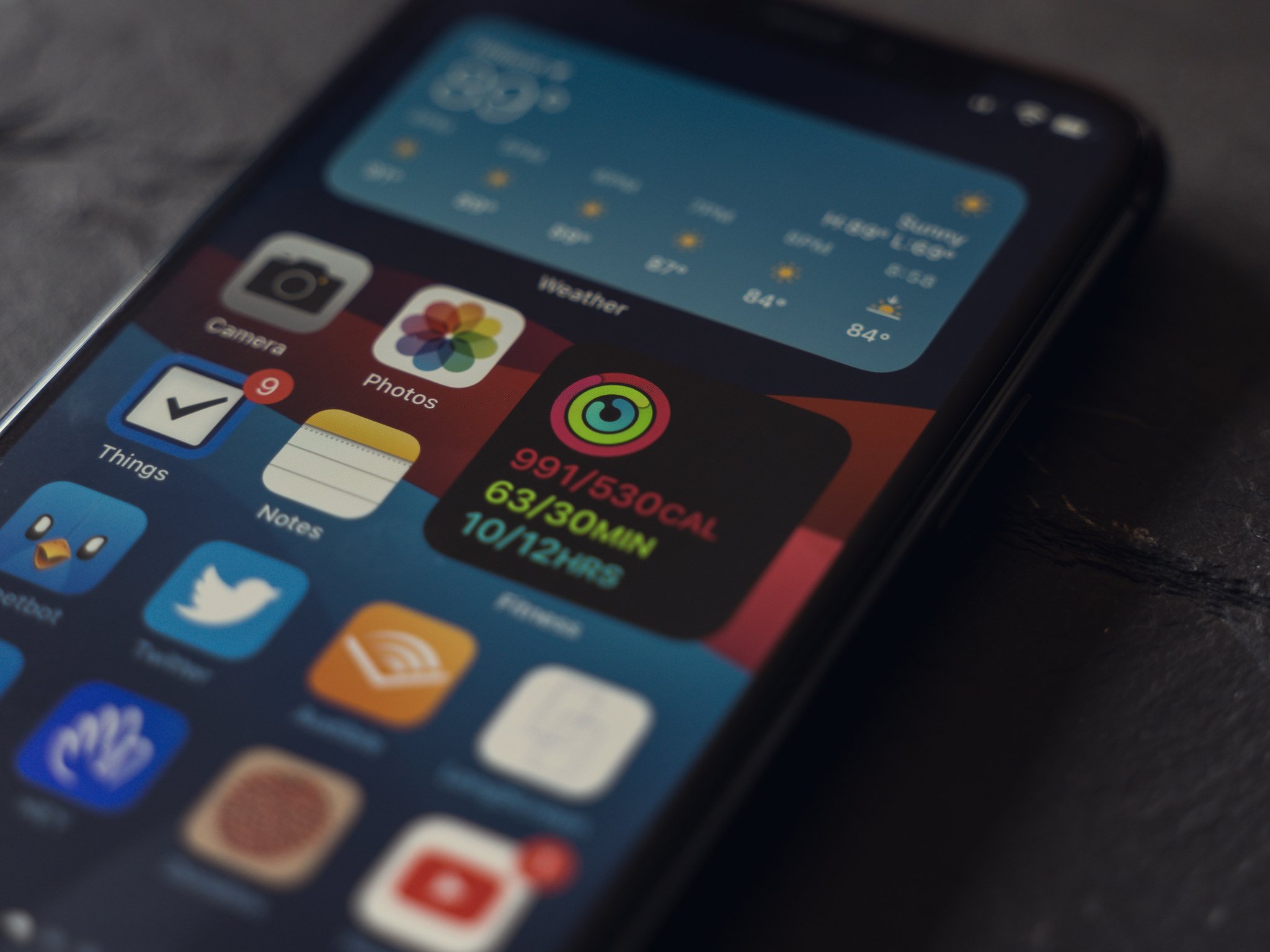99% of iOS 14 users refused app tracking last year, says report

iMore offers spot-on advice and guidance from our team of experts, with decades of Apple device experience to lean on. Learn more with iMore!
You are now subscribed
Your newsletter sign-up was successful
What you need to know
- A report from The Markup this week examines the impact of tracking changes in iOS 14.
- It includes a 2020 report from AppsFlyer which says 99% of users refused tracking when offered the option.
- Apple delayed the implementation of changes last year, but many developers went ahead with making the switch anyway.
A new report into Apple's planned iOS 14 tracking changes includes information that indicates that 99% of iOS users refused to opt-in to tracking last year.
Apple announced in June 2020 that this spring it would begin requiring iPhone, iPad, and tvOS apps to get consent to share people's data with third parties like data brokers and other apps.The move is a complete rethinking of privacy rights. Data collection has long operated under the premise that millions of people are fine with being tracked, their movements and behaviors shared and sold, unless they explicitly say no. Privacy settings are usually opt-out and often buried deep in an app's settings. But soon people using iPhones will be asked to explicitly opt in to having their data shared among advertisers, apps, and data brokers.
The report contains a reference to a previously unreported study from October conducted by AppsFlyer. The report notes how Apple delayed the release of its App Tracking Transparency framework last year to give developers more time to adapt, with a release now expected in spring 2021. However, some developers who were already prepared went ahead and implemented the changes anyway, which is why you might have seen reports or indeed prompts on your own device asking you to opt-in to tracking. The report says that users who were asked chose almost unanimously not to be tracked:
While Apple postponed the implementation requirement for ATT to early 2021, some developers went ahead and integrated it in their iOS 14 apps anyway. The ATT framework prompts the user to opt-in to allow tracking when they use the updated app. Unsurprisingly, when prompted, the majority of users (99%) choose not to allow tracking.
The more recent report from The Markup cites a research director from the 'Usable Security & Privacy Group', Serge Egelman, who states:
"The reason why more people don't opt-out is because it's very complicated... Given that we know that most consumers don't want to be tracked and aren't making informed decisions, it makes sense that you would switch to an opt-in model."
The upcoming changes will be rolled out to the public in full when iOS 14.5 is released, as noted, currently developers are not required to offer the opt-in prompt, but that will soon change. The move has polarized the industry, with companies like Facebook that rely on advertising saying the move could be catastrophic for small businesses. Other companies, such as Twitter and Mozilla have lent their support to the move.
iMore offers spot-on advice and guidance from our team of experts, with decades of Apple device experience to lean on. Learn more with iMore!

Stephen Warwick has written about Apple for five years at iMore and previously elsewhere. He covers all of iMore's latest breaking news regarding all of Apple's products and services, both hardware and software. Stephen has interviewed industry experts in a range of fields including finance, litigation, security, and more. He also specializes in curating and reviewing audio hardware and has experience beyond journalism in sound engineering, production, and design.
Before becoming a writer Stephen studied Ancient History at University and also worked at Apple for more than two years. Stephen is also a host on the iMore show, a weekly podcast recorded live that discusses the latest in breaking Apple news, as well as featuring fun trivia about all things Apple. Follow him on Twitter @stephenwarwick9
